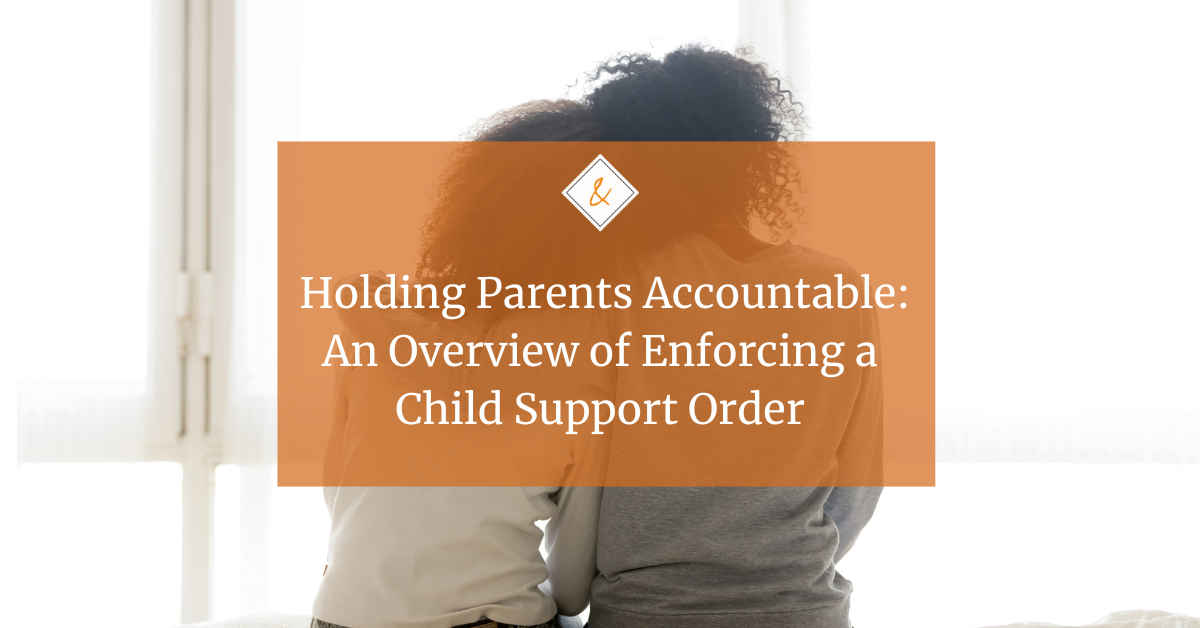In a case of first impression, on December 29, 2015, in A.S. v. I.S., the Pennsylvania Supreme Court held that when a stepparent takes affirmative legal steps to assume the same parental rights as a biological parent, the stepparent likewise assumes parental obligations, such as the payment of child support.
The facts are as follows: the mother had twin boys who were born in Serbia in 1998. In 2005, the mother married their stepfather in Serbia and thereafter the family moved to Pennsylvania. The parties and the children resided together until 2009 when the parties separated. After they separated, the parties informally shared physical custody of the children. In 2010, the stepfather filed for divorce. Mother, who graduated from law school in May 2012, planned to relocate with the children to California in September of 2012. In August 2012, stepfather filed a complaint for custody and an emergency petition to prevent mother from relocating, asserting that he stood in loco parentis to the children (which gave him standing to seek custody of the children although he was not a parent). The trial court granted stepfather’s emergency petition and entered an order prohibiting mother from moving to California with the children. The trial court also entered a temporary custody agreement awarding mother primary physical custody of the children and stepfather partial custody every other weekend and every Wednesday evening. Thereafter, the trial court held a hearing on mother’s preliminary motions seeking dismissal of stepfather’s complaint for custody for lack of standing. However, mother was unsuccessful as the court found that stepfather stood in loco parentis to the children. After interviewing the children (who were 15 years of age), the trial court entered a second interim custody order granting the parties shared physical custody. A full custody hearing was held in July 2013 at which time the trial court entered a final custody order granting the parties shared legal custody as well as shared physical custody, with each party having custody on alternating weeks.
Parallel to the custody action, in September 2012 (four days after the trial court entered its order granting stepfather’s emergency custody petition and preventing mother from relocating to California), mother filed a complaint for support against stepfather. Mother’s support complaint was dismissed by the support master reasoning that stepfather owed no duty of support to the children because he was not their biological father. [Incidentally, Mother never pursued support from the children’s biological father who lived in Serbia]. Mother filed exceptions to this decision to the trial court judge, arguing that stepfather should be treated as a biological parent for purposes of support because he litigated and obtained the same legal and physical custodial rights as a biological parent, and successfully prevented mother from relocating with the children. The trial court affirmed the support master’s decision to dismiss mother’s support complaint, citing Pennsylvania case law that a stepparent is generally not liable for child support following the dissolution of a marriage. Mother appealed the decision to the Pennsylvania Superior Court, which affirmed the trial court, finding that stepfather had no duty of support. Mother filed a petition for allowance of appeal to the Pennsylvania Supreme Court, which was granted.
The Pennsylvania Supreme Court reversed, finding that stepfather, under these facts, has a duty to support the children. The Court analogized the situation to that of when a party is estopped from denying paternity of a child. The doctrine of paternity by estoppel provides that where a party assertively holds himself out as a child’s father, that party may be estopped from subsequently denying this status. The rationale behind this doctrine is to achieve fairness between the parents by holding both mother and father to their prior conduct regarding the paternity of the child because the children deserve to be secure in knowing who their parents are. This doctrine has been applied to find a stepparent liable for child support where he held the child out as his own and continued his relationship with the child after he separated from the child’s mother.
In further support for its decision, the Supreme Court invoked equitable principles, relying on a case where the Superior Court found a support obligation for an individual who took affirmative steps to act as a parent, even when the child would not confuse that individual with a biological parent. In that case, a woman agreed to have a family with her same sex partner, who became pregnant via artificial insemination. Both women acted as mothers to the children. When their relationship ended, the non-biological mother obtained custody rights to the children by establishing in loco parentis standing but then denied that she had any duty of child support. The Superior Court rejected that argument finding that her steps to act as a parent estopped her from denying that status and the corresponding duty of support as such a position is not equitable.
The Supreme Court acknowledged prior case law which found that a stepparent does not have a duty of support simply by having in loco parentis status or by taking steps to have a post-separation relationship with his or her stepchildren. The opinion suggests there must be more. The Court specifically states that “we are not creating a new class of stepparent obligors and our decision today comports with the line of cases that have held that in loco parentis standing alone is insufficient to hold a stepparent liable for support.” But what exactly is that “more.” The opinion states that “when a stepparent does substantially more than offer gratuitous love and care for his stepchildren, when he instigates litigation to achieve all of the rights of parenthood at the cost of interfering with the rights of a fit parent, then the same public policy attendant to the doctrine of paternity by estoppel is implicated: that it is in the best interests of children to have stability and continuity in their parent-child relationship.”
While the Supreme Court tries to narrow its holding to the facts of the case, it is unclear how this will actually play out in future cases. What if the custody arrangement is not equally shared, but the stepparent has 5 out of 14 days in a two week period? What if the stepparent has primary custody, will the biological parent owe the stepparent a duty of support? Will stepparents be reluctant to continue their relationships with stepchildren for fear they will have to pay child support? We shall see.



